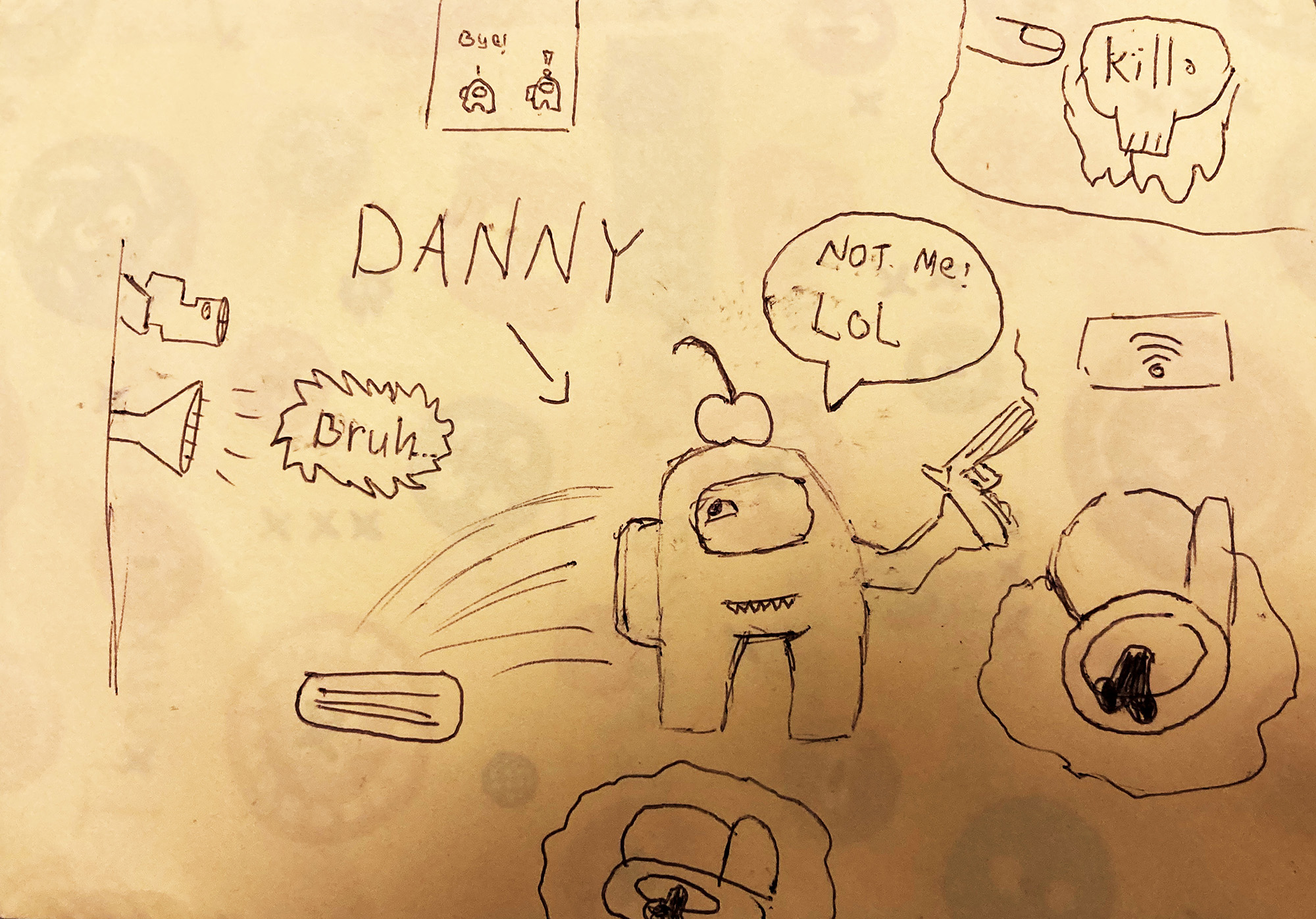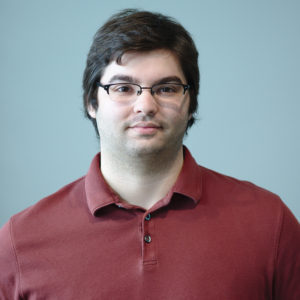Part of the ongoing “Diaspora English” series, Daniel Crasnow reports on a year spent teaching in Israel during the coronavirus pandemic. You can read other Diaspora English articles here.
Plenty of teaching programs bring Americans to Israel. Many of these groups are young adults who teach in cities around the nation, including groups in Jerusalem and Haifa. But the Tel Aviv + program is the only program which has teachers and fellows transfer between cities in the middle of the school year. The teaching fellows who spend the first half of the school year in Tel Aviv move to a smaller, outside city, and the teaching fellows who spend that time in an outside city spend the rest of the school year in Tel Aviv. The transfer date is January 28th. I’m almost finished with my time in Tel Aviv. I’ll be teaching in Nazareth next.
Along with this change comes a process of goodbyes which is all too difficult and familiar. I’ll be leaving my apartment mates who I’ve lived with for 5 months. I’ll be leaving the friends I made in Tel Aviv, but, worst of all, I’ll be leaving the kids I teach at my school.
I’ve grown decently close to some of them. A few have my WhatsApp contact. Many of the students I work with are fluent in English, and some are even new to Israel and don’t speak Hebrew. Some of these kids are in a new environment. Some never get to flex their English skills, and some just need us to be a friend and an ear. No matter what it is, we teaching fellows provide an outlet that these kids appreciate. I like providing that opportunity. I like knowing that I made a difference.
During my time in Tel Aviv, I found a “Daniel is the best” note typed onto my laptop as I worked with two students to edit paragraphs they were writing. Another student and I nerded out about a book series for half an hour past the start of his next class because I lost track of time (whoops!). A third student keeps sending me his Hebrew Ulpan notes, knowing I might be able to use them as I learn Hebrew alongside him.
Some of my kids are shy and they only get to express themselves during our one-on-one sessions. Others are the ‘cool kids’ who are too cool for the school’s English teacher, so they work with me instead. And some light up when they finally understand the material, and are able to put their newfound language skills to work.
It’s hard not to miss these kids.
I admit, I don’t want to teach for the rest of my life, but this experience in Tel Aviv has made me respect and admire teachers so much more because, for the first time, I can really see why people love doing this. I’ll never forget seeing the kids light up as they are given the chance to work with me. I’ll never forget hearing them repeat new words under their breaths in order to memorize them. And I’ll never forget having to say ‘hello’ to twenty kids between the time I walked into school, and the moment I reached my classroom.
I have no doubt that the new kids I’ll meet in Nazareth will make my next few months as well, but, nonetheless, it is difficult to leave right now while COVID continues and our last goodbyes are on Zoom instead of face to face. It is difficult to have to leave the kids who are just coming out of their shells, and the kids who ask the teacher to go out of class with you. It’s difficult to Zoom from a quiet classroom or at home when you have seen how lively and chaotic an elementary school classroom in Israel can be.
Nazareth has been under near complete lockdown for the last few months, as COVID has hit particularly hard there. During the first lockdown Nazareth was one of Israel’s “red zones”, and through all of the openings and closings, Nazareth has been shut. My counterparts in Nazareth have told me that, over the last five months, they’ve spent about a week’s worth of school days in school. Everything else has been online.
That has led me to wonder when, if at all, I’ll be able to meet the new kids in person. How different is Nazareth going to be?
How are the kids going to adapt?
I admit, I’m excited for the change. Through all of my trips to Israel, I’ve never been to Nazareth. As a Jewish boy, the Christian home was never high up on the priority list. Yet Nazareth is a large city, with a vibrant community and culture. The fact that I haven’t been there already is a mistake I’m ready to rectify.
It’s also not Tel Aviv. Nazareth is about two and a half hours away, far for Israel. It’s not a beach city, it has a much larger minority population, and it isn’t known for its gay community. None of these things worry me on their own, but we’re always concerned about the unknown, and, for me, Nazareth is an unknown. I’m not sure what Nazareth holds for me, but I know it will be very different from this.
I’m ready for that. To be honest, things haven’t been a cakewalk here. The ins and outs of COVID have destroyed most plans, and I, like many of my partners on this program, worry that I’ve missed much of what Tel Aviv has to offer. I’m ready to sit down and eat dinner with other people, a concept that is foreign to most of my apartment mates. I’m ready to live in an apartment that isn’t breaking down. I’m ready to go on a nature walk in an area bigger than a bustling city park.
None of that is to discredit how amazing of an experience this has been- it’s been wonderful! – but I’m a southern suburbs kid. City life has never really been my style. Nor has partying, drinking, or smoking. I don’t know if Nazareth is going to fit my lifestyle necessarily, but I also don’t think it can be much more different than the middle of Tel Aviv. I’ve loved it here, don’t get me wrong, but I wasn’t made for young adult, big city life.
My host teacher, Tali, has been incredible during the last few months, and today, on my last full day of teaching, we met after school on campus, in order to say goodbye. She gave me a card and a box of chocolates as a parting gift, and as a final gift, gave me a card from some of the students written alongside her own. The student card is written in red pen, with spelling and grammar mistakes, and is signed “from all school children”.
It’s the second student-written card I’ve gotten in these last few months. The first is from one of my best students, who is a native English speaker who reads about five levels above his grade. We’ve played Among Us, a video game, as a fun way to end some of our classes. I killed him in the game for the first time a few weeks ago then, the next time we saw each other, he gave me a thank-you card decorated with hand-drawn scenes from the game.
It’s stuff like this card that I’m really taking away from my school. Of every treasure I’ve received over the last few months, this one might mean the most.

